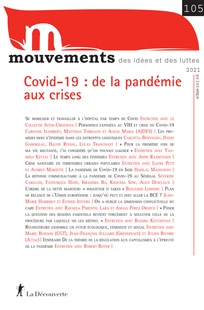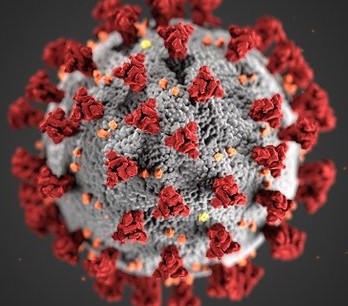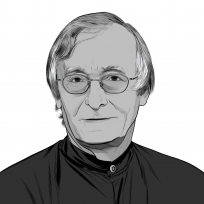Entretien avec Grégoire Normand, La Tribune, N°7117, 27 mars 2021.
En collaboration avec François-Michel Le Tourneau, IdeAs [En ligne], 17 | 2021, mis en ligne le 01 mars 2021.
Participation au Blog d’Alternatives Economiques, le 8 janvier 2021.
Revista de Economía y Estadística de la Universidad Nacional de Córdoba (Argentine), sobre problemas estructurales del desarrollo y la innovación, Vol. 58, Núm. 1 (2020), p. 11-58.



